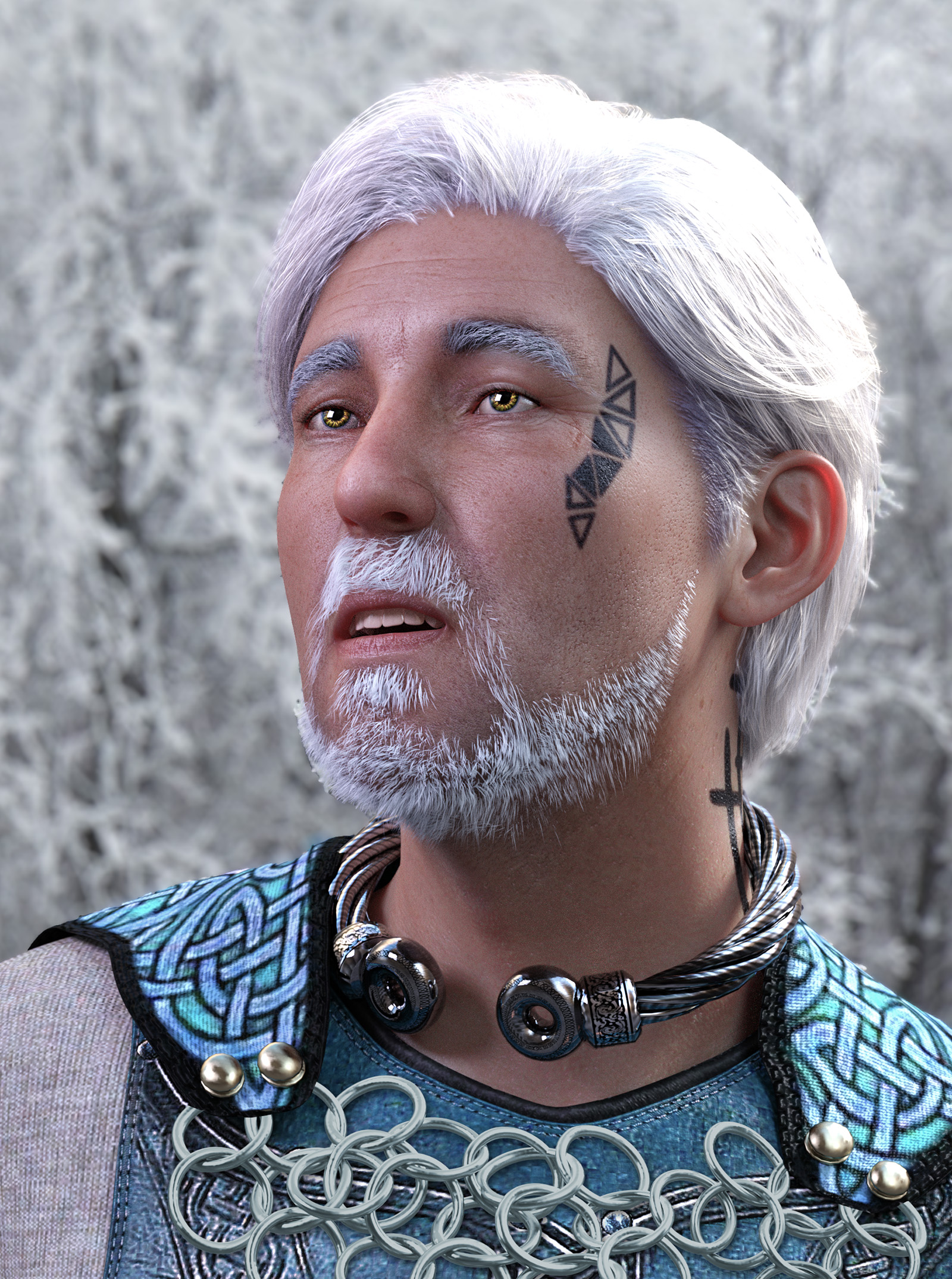The Four Giftings
Cultus, Practice, Way
A range of Ontolosnan religious technologies known as The Four Giftings have evolved to allow humans and some animals to interact with Kut, or with ancestors and descendants, or to seek the paths of liberation. Though called the Four Giftings, there are actually six main traditions, which respectively concern
- Kut
- Nature shamanism
- Ancestors and descendants
- Liberation
- Social revolution, and
- Philosophical scepticism
Each have their own methods and goals, their own strengths and secrets, their own rites and magics or powers. And all have a profound this-worldly orientation, with little speculation concerning survival or reincarnation beyond death.
The Four Giftings
Deity
Do’Kut—Tradition of the Powers
The Theagyns (Goddess Birthers) — Creation and/or control of deities (Kut) for state purposes, including protection, war, treaty, and social harmony. Control of, negotiated partnership with, or worship of Kut.
Nature
Do’Ban—Tradition of the Ban
The shamanic and geomantic tradition that is the foundation for most religious technology and praxis. Applied Gi mechanics. The ecology of Gi — cultivating, harvesting and directing Gi for human purposes. This Tradition also includes Musok, the archaic, anarchistic and often reviled folk tradition of the Mudang shamans.
Humanity
Do’Yeja—Tradition of the Women
Ancestor and descendant worship for social transformation and the good of the extended family and community. Culture and etiquette. Governance and statecraft. Esoteric and highly contested rituals of full or partial reincarnation.
Liberation
Do’Kal—Tradition of the Kal’ttar
Awakening, liberation, realising the true self and full enlightened humanity through personal meditation and disciplines of self awareness, enacted compassion, tantric technique and inner transformation.
Revolution
The Aji
The Aji (plural) are revolutionary teachers and leaders who implement great religious and social change. An Aja (singular) transcends individual Traditions, often combining aspects of them in new and surprising ways. Aji are associated with technological progress, religious innovation and social upheaval. They are forces of change, but often leave great destruction in their wake. Tlon tradition recognises six historical Aji (as well as seven mythic animal Aji and seven semi-legendary Aji from the distant [past): the seventh and Final Aja is expected to reveal herself soon.
Philosophy
Doan’Ji – The Creator Tradition
This tradition operates in opposition to the Four Great Traditions, emphasising scepticism, philosophy, and proto-empiricism.


Leave a comment
Comments 0